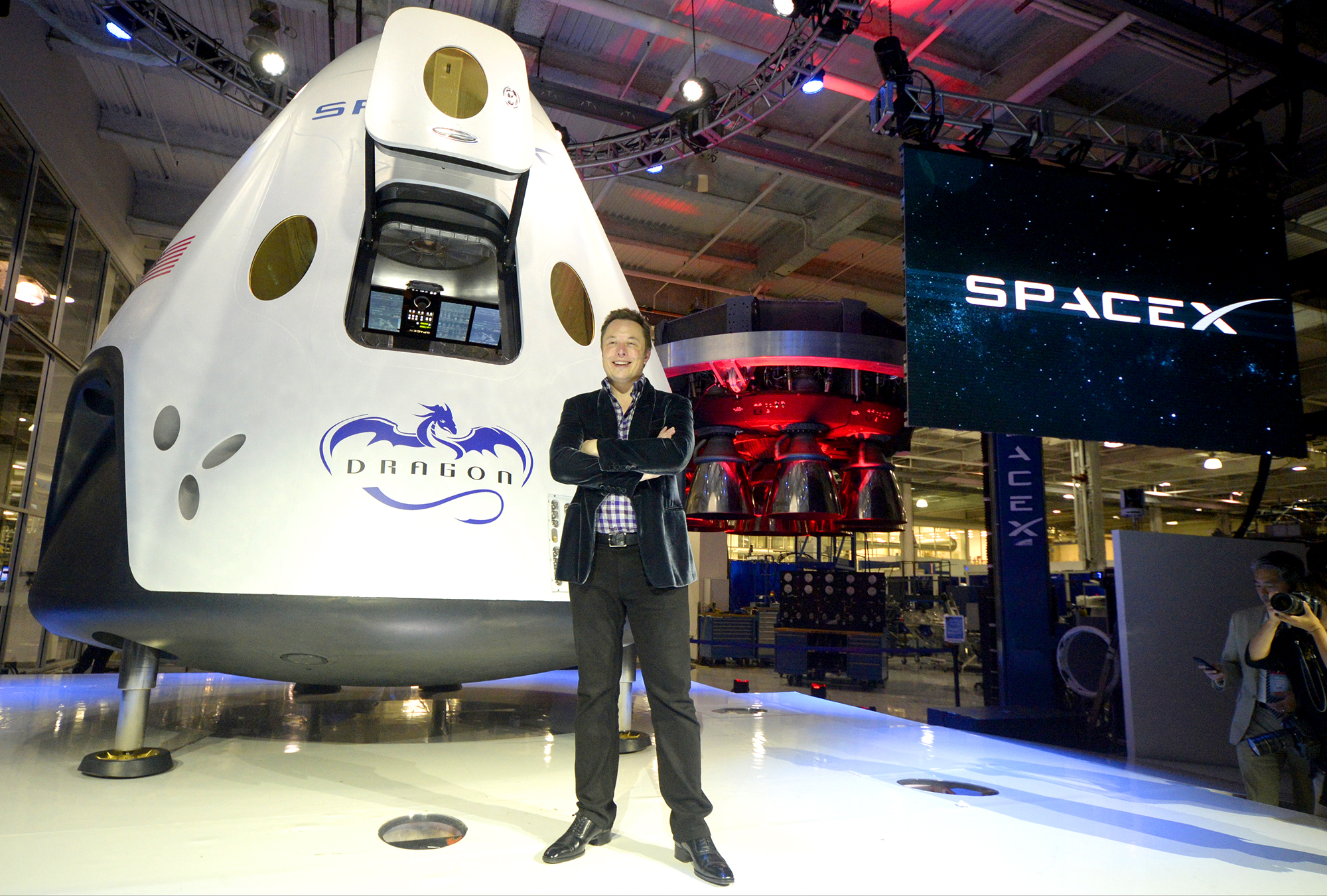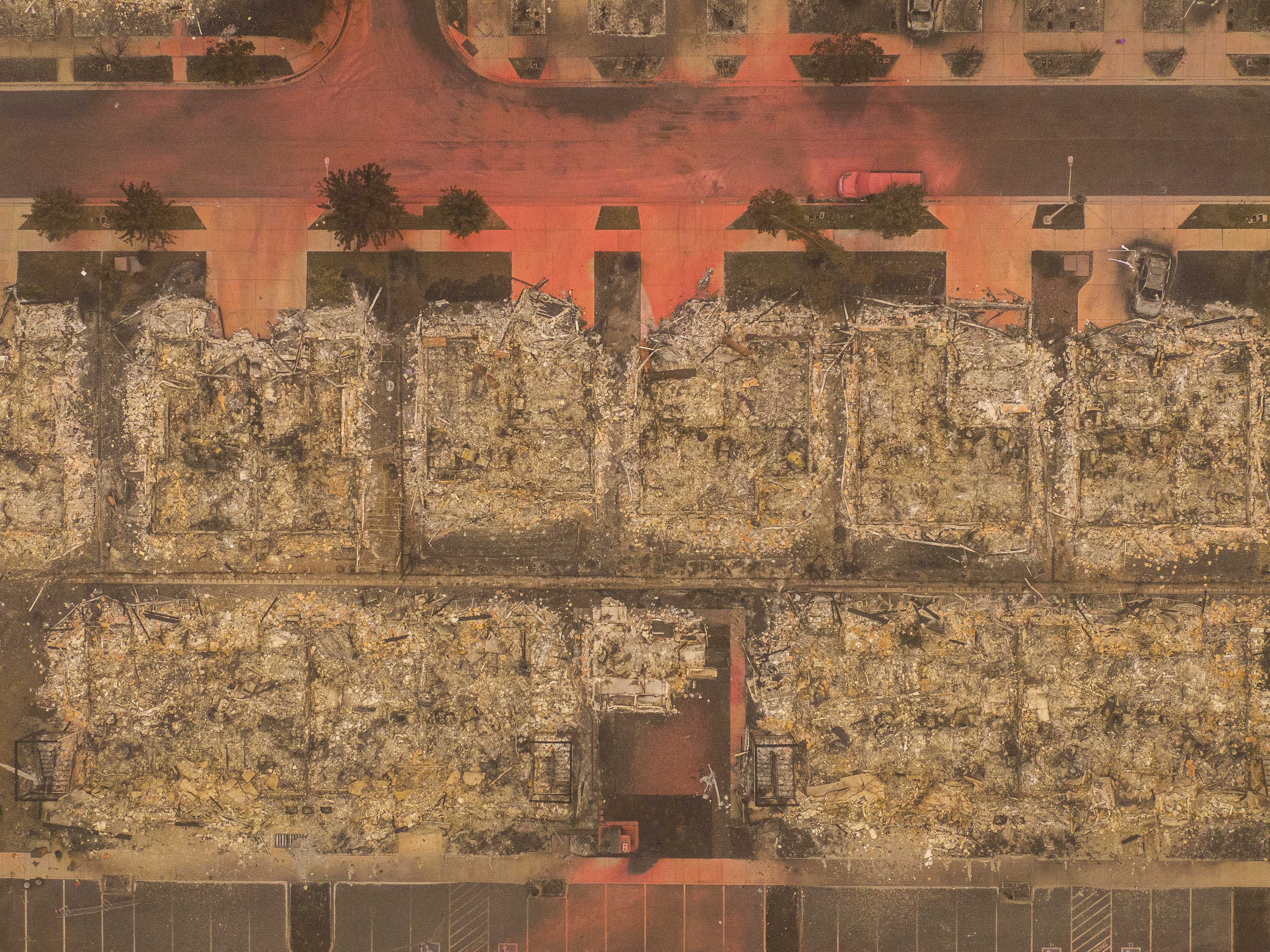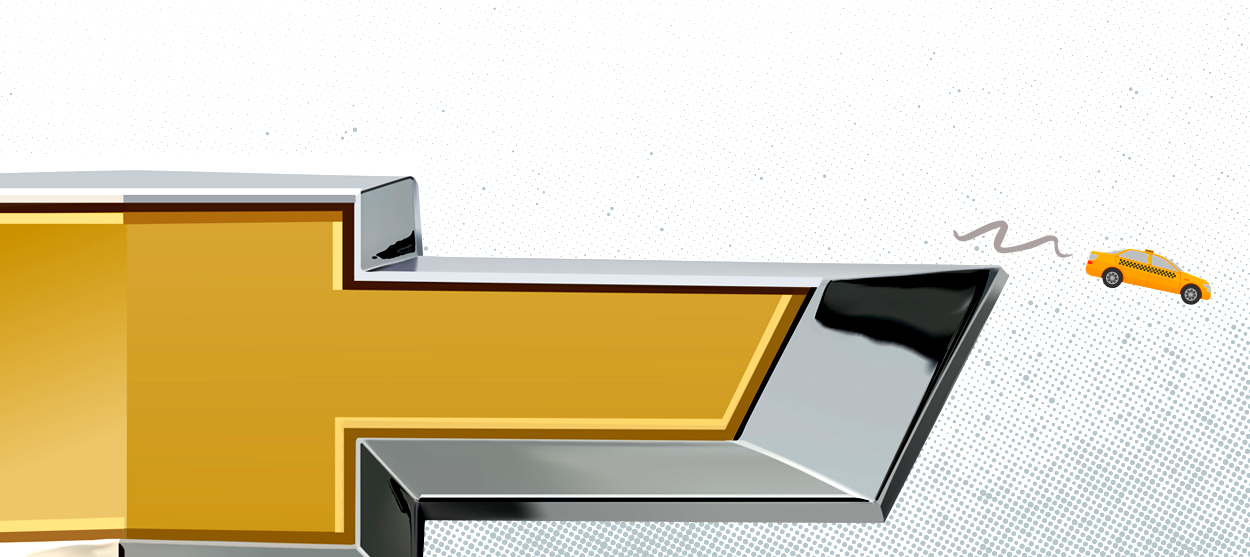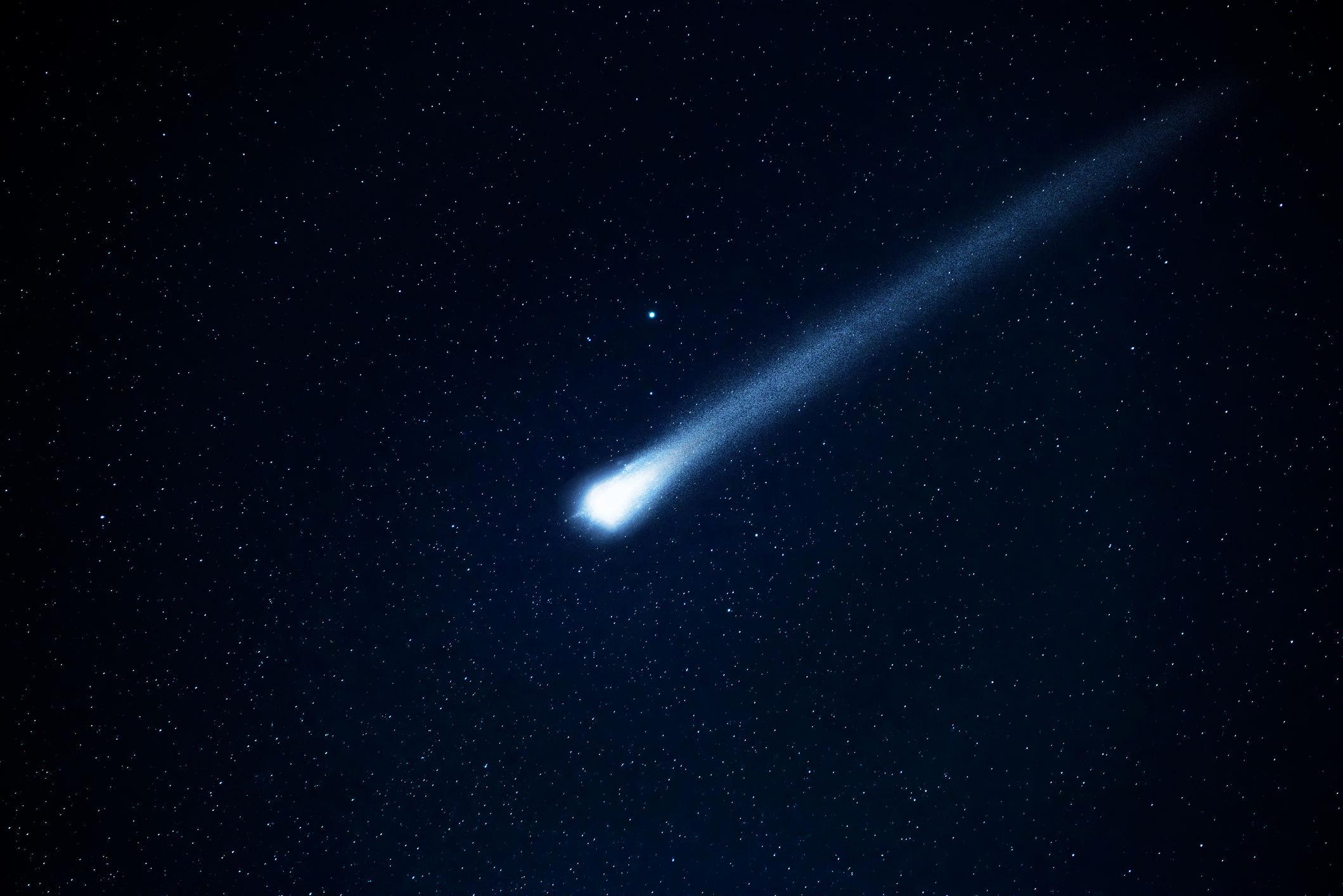Why SpaceX's massive explosion was still a tremendous success
A rocket is an enormously explode-y thing, after all


A free daily email with the biggest news stories of the day – and the best features from TheWeek.com
You are now subscribed
Your newsletter sign-up was successful
SpaceX just accomplished something incredible, and no one's paying attention
And even if you are paying attention, you might have heard that SpaceX's latest space launch was a failure. It was actually a success.
The launch had two goals: The first was to supply the International Space Station, and that was successful; but the second one, much more important, was to land the company's Falcon rocket upright so that it could be reused.
The Week
Escape your echo chamber. Get the facts behind the news, plus analysis from multiple perspectives.

Sign up for The Week's Free Newsletters
From our morning news briefing to a weekly Good News Newsletter, get the best of The Week delivered directly to your inbox.
From our morning news briefing to a weekly Good News Newsletter, get the best of The Week delivered directly to your inbox.
The rocket did not land upright. But as an excellent explainer by Business Insider's Jessica Orwig shows, SpaceX actually accomplished almost all its goals. The rocket landed on its platform. But the guiding fins, which help the rocket rotate and steer, ran out of hydraulic fluid, and the rocket crashed on its pad.
It's worth noting a few things here: the stakes; the magnitude of the task; and the nature of the failure.
First, the stakes. Humanity has known how to launch payloads into orbit for well over 50 years now. But humanity still isn't a spacefaring civilization. We haven't been able to turn a space trip into something as routine as a plane trip. We haven't been able to create space colonies or to put a durable foot down in space. One big reason for that is that rockets are enormously expensive. And a reason why rockets are enormously expensive is because each time you use one, it gets destroyed. The space shuttle program was supposed to fix that, but it was just a massively incompetent boondoggle. If you had to blow up a Boeing 747 each time you used it, there would be very little plane flight either. So building a reusable rocket is probably the biggest low-hanging fruit in terms of making space flight affordable.
Second, the magnitude of the task. You can imagine that if building a reusable rocket was easy, we would have done it by now. A rocket is an enormously explode-y thing. It is a massive tube full of combustible material. What's more, it has to go through the atmosphere and back, which is enormously stressful on all the materials. Building a reusable rocket is something we have been failing to master for decades.
A free daily email with the biggest news stories of the day – and the best features from TheWeek.com
Which brings us to, third, the nature of the failure. Almost everything SpaceX tried to do with this launch, they accomplished. They had one tiny failure, which caused the rocket to crash. That is the nature of space stuff. If one thing goes wrong, everything goes wrong. But, in terms of engineering, they have leaped much, much closer to the goal than the combined efforts of the governments of the United States, Russia, and Europe have gotten us for decades. Just pause and consider that for a second.
Which is why, even though technically it's true that this launch was only a partial success, we should still pay attention and consider how far we've come, and how enormously impressive this all is.
There is another important point, here: This is being done by a private-sector company. Governments took the first step toward being space-faring, but didn't get us much further because they're, well, governments. Space-age technology is very tricky, but it's still 1960s technology. The problem is not the technology. The problem is human. It is organizational. When the main driver of space exploration is the government, there is too little incentive to innovate, and too much incentive for everything to become a bureaucratic nightmare. This is true even, or especially, when you have private-sector contractors, who combine the worst aspects of business and government bureaucracies.
It's good that we have SpaceX; it would be even better if there were many more entrepreneurial companies like it.
Pascal-Emmanuel Gobry is a writer and fellow at the Ethics and Public Policy Center. His writing has appeared at Forbes, The Atlantic, First Things, Commentary Magazine, The Daily Beast, The Federalist, Quartz, and other places. He lives in Paris with his beloved wife and daughter.
-
 Why are election experts taking Trump’s midterm threats seriously?
Why are election experts taking Trump’s midterm threats seriously?IN THE SPOTLIGHT As the president muses about polling place deployments and a centralized electoral system aimed at one-party control, lawmakers are taking this administration at its word
-
 ‘Restaurateurs have become millionaires’
‘Restaurateurs have become millionaires’Instant Opinion Opinion, comment and editorials of the day
-
 Earth is rapidly approaching a ‘hothouse’ trajectory of warming
Earth is rapidly approaching a ‘hothouse’ trajectory of warmingThe explainer It may become impossible to fix
-
 Are zoos ethical?
Are zoos ethical?The Explainer Examining the pros and cons of supporting these controversial institutions
-
 Will COVID-19 wind up saving lives?
Will COVID-19 wind up saving lives?The Explainer By spurring vaccine development, the pandemic is one crisis that hasn’t gone to waste
-
 Coronavirus vaccine guide: Everything you need to know so far
Coronavirus vaccine guide: Everything you need to know so farThe Explainer Effectiveness, doses, variants, and methods — explained
-
 The climate refugees are here. They're Americans.
The climate refugees are here. They're Americans.The Explainer Wildfires are forcing people from their homes in droves. Where will they go now?
-
 Coronavirus' looming psychological crisis
Coronavirus' looming psychological crisisThe Explainer On the coming epidemic of despair
-
 The growing crisis in cosmology
The growing crisis in cosmologyThe Explainer Unexplained discrepancies are appearing in measurements of how rapidly the universe is expanding
-
 What if the car of the future isn't a car at all?
What if the car of the future isn't a car at all?The Explainer The many problems with GM's Cruise autonomous vehicle announcement
-
 The threat of killer asteroids
The threat of killer asteroidsThe Explainer Everything you need to know about asteroids hitting Earth and wiping out humanity
